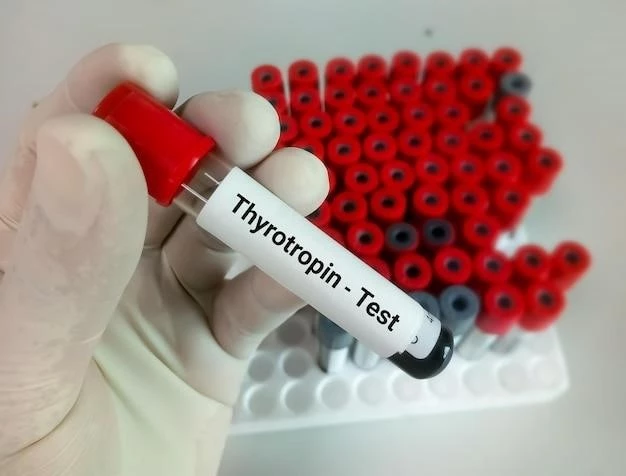Understanding Phenylalaninemia
Phenylalaninemia is a metabolic disorder resulting from a deficiency of the enzyme phenylalanine hydroxylase. This leads to harmful buildup of phenylalanine in the body, causing various health issues.
Definition and Causes
Phenylalaninemia is a metabolic disorder caused by a deficiency of the enzyme phenylalanine hydroxylase. This deficiency leads to the harmful buildup of phenylalanine in the body, impacting various bodily functions. The condition can have genetic roots and can result in severe health complications if not managed appropriately.
Symptoms and Diagnosis
Recognizing the symptoms early on is crucial. Seek medical advice if you notice signs like intellectual disability, behavioral issues, seizures, and a musty body odor. Diagnosis involves blood tests to check phenylalanine levels and genetic testing for confirmation.
Signs of Phenylalaninemia
Recognizing the signs of phenylalaninemia is crucial for early detection. Look out for symptoms like intellectual disability, behavioral issues, seizures, and a musty body odor, which are indicative of the condition. Seek medical advice promptly for evaluation and diagnosis.
Treatment Options
When managing phenylalaninemia, dietary adjustments are crucial. Consult with healthcare professionals to create a plan that restricts phenylalanine intake and includes special medical foods to help manage the condition effectively.
Dietary Management
Effective dietary management is key in treating phenylalaninemia. Consult with a healthcare provider to create a personalized diet plan that limits phenylalanine intake, includes special medical foods, and ensures proper nutrition to help manage the condition.

Importance of Early Detection
Early detection of phenylalaninemia is critical for effective management. Seek prompt medical attention for proper screening to prevent complications and begin necessary treatment early on.
Screening for Phenylalaninemia in Newborns
Diagnostic screening for phenylalaninemia in newborns involves a simple blood test to measure phenylalanine levels. Early detection through newborn screening is crucial for timely intervention and effective management of the condition. Make sure to follow recommended screening guidelines to ensure the best outcomes for affected infants.
Long-Term Implications
Unmanaged phenylalaninemia can lead to severe neurological manifestations over time. Early intervention and proper treatment are vital to prevent long-term complications. Stay proactive in managing the condition to safeguard against potential long-term impacts.
Neurological Manifestations of Untreated Phenylalaninemia
Untreated phenylalaninemia can lead to severe neurological manifestations over time, including intellectual disability, seizures, and behavioral issues. It is crucial to address the condition early to prevent long-term neurological complications. Seek medical guidance for proper management and care.
Understanding the role of phenylalanine hydroxylase gene mutations is crucial for assessing the risk of phenylalaninemia. Genetic factors play a significant role in the development of this condition, impacting both diagnosis and treatment decisions. Consult with a genetic counselor for personalized risk assessment and guidance.
Genetic Factors and Risk Assessment
Understanding the genetic component of phenylalaninemia is crucial in evaluating individual risk. Genetic mutations affecting the phenylalanine hydroxylase gene play a significant role in the development of this condition. Genetic counseling can provide valuable insights into the risk assessment and implications for affected individuals.
Research and Recent Findings
Stay informed about advances in treating hyperphenylalaninemia with sapropterin. Consult healthcare providers for the latest research updates on managing this condition effectively.
Advances in Treating Hyperphenylalaninemia with Sapropterin
Explore the latest advancements in treating hyperphenylalaninemia with sapropterin. Consult healthcare providers for information on how this treatment option can effectively manage phenylalaninemia.

Prevention and Lifestyle Modifications
Manage phenylalaninemia through proper lifestyle modifications. Adhere to dietary restrictions, monitor phenylalanine intake, and follow medical advice for optimal health outcomes.
Managing Phenylalaninemia Through Proper Nutrition and Monitoring
Effective management of phenylalaninemia involves adhering to a well-balanced diet that limits phenylalanine intake. Regular monitoring of blood phenylalanine levels is essential to ensure optimal control of the condition. Collaborate with healthcare professionals to develop a personalized nutrition plan and monitoring schedule that meets your specific needs.
